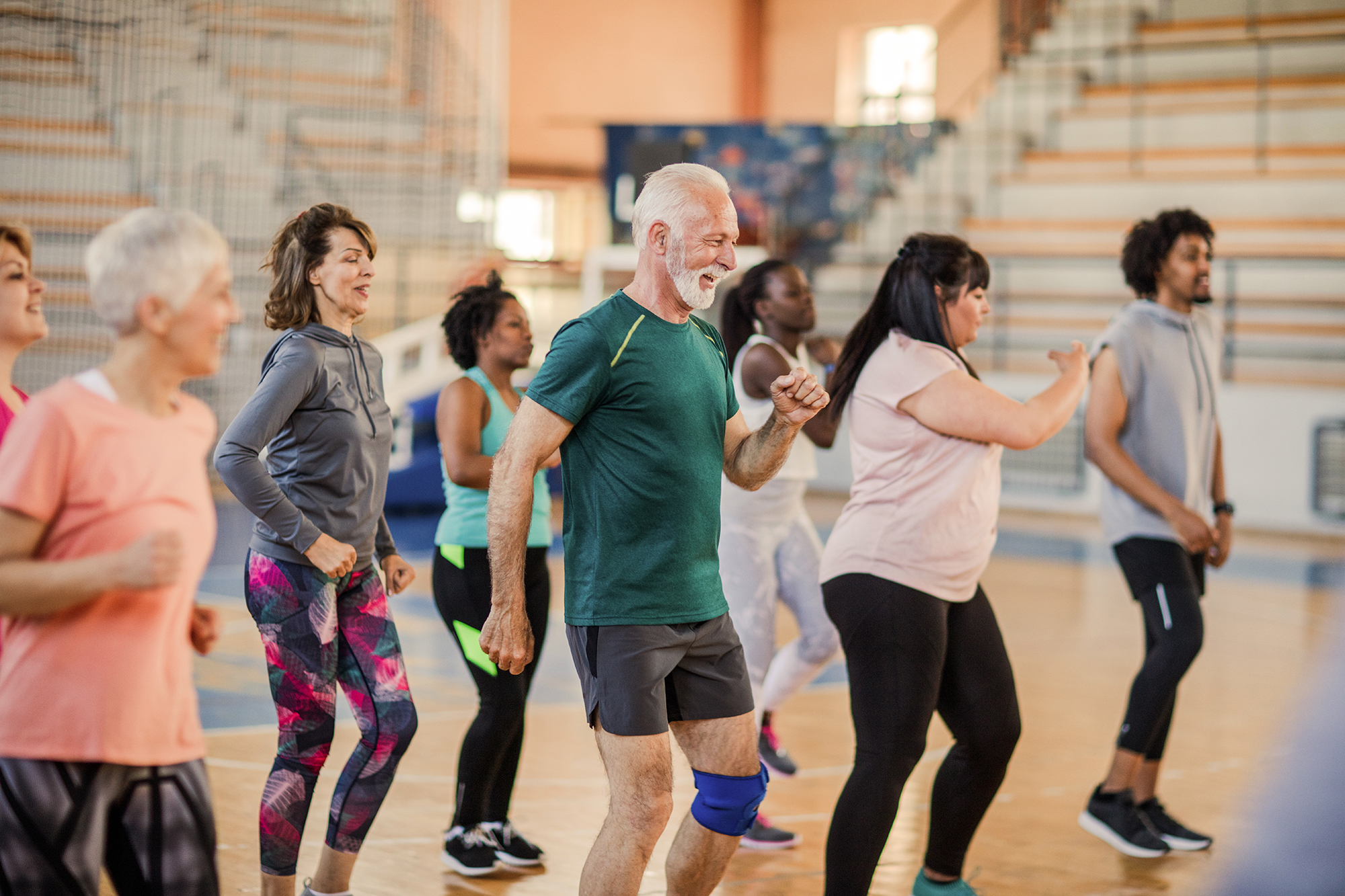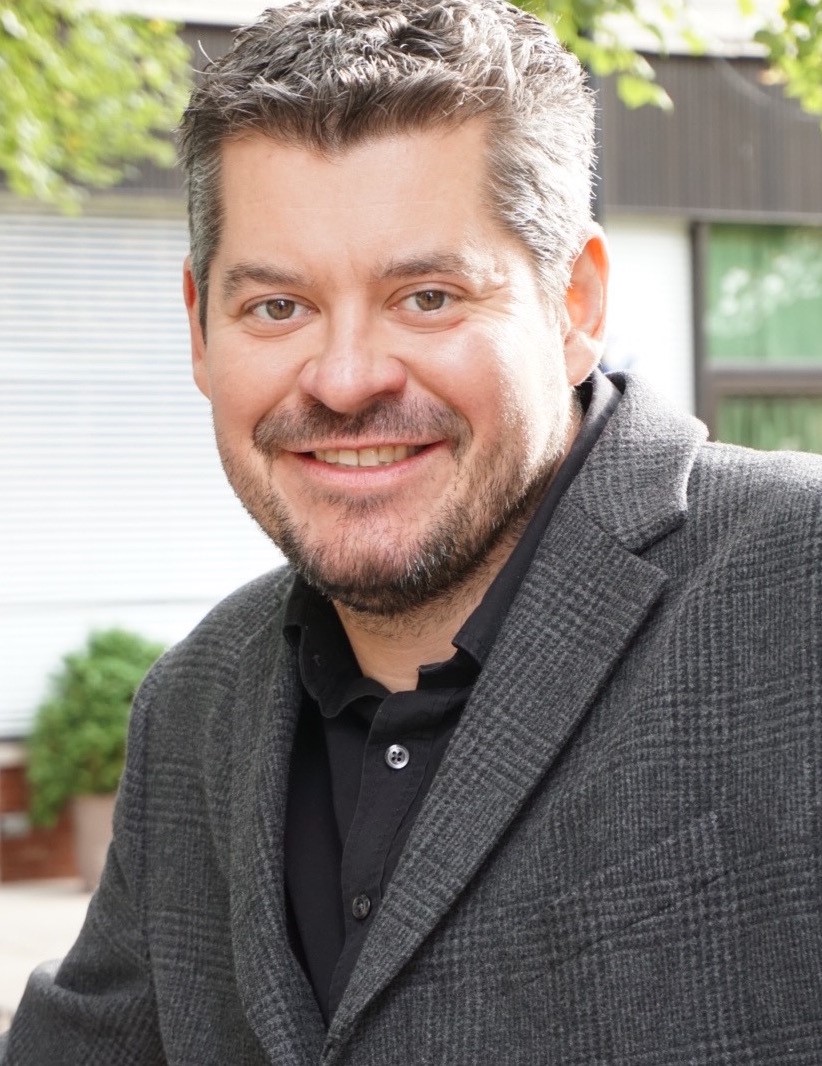 Over five years, DePaul researchers will examine what motivates adults of different ages to lead healthy lifestyles and exercise. (iStock.com/Anchiy)
Over five years, DePaul researchers will examine what motivates adults of different ages to lead healthy lifestyles and exercise. (iStock.com/Anchiy)
Tapping into positive emotions and social connections may be key to motivating older adults to exercise. DePaul University psychology professor
Joseph Mikels has been awarded a $2.6 million grant from the National Institutes of Health to continue his work on emotion, aging and decision-making throughout the life span.
Over five years, Mikels and his team will examine what motivates adults of different ages to lead healthy lifestyles and exercise. In addition, the research will measure how these choices and exercise can benefit people with a genetic risk for Alzheimer’s disease.
“Effective messages push our emotions and motivation in a positive direction. I’m excited to be able to do this work that will be important for maintaining the health of older adults and reducing healthcare burdens,” Mikels says.
Simple exercises like walking can turn physical and mental health in the right direction for older adults, Mikels says. “Anything you do to help prevent falls and the body’s rapid deterioration of health that follows will be for the better.”
 Professor of psychology Joseph Mikels leads the DePaul Emotion and Cognition Laboratory. (Image courtesy of Joseph Mikels)
Professor of psychology Joseph Mikels leads the DePaul Emotion and Cognition Laboratory. (Image courtesy of Joseph Mikels)
Positive messages and social connections
In previous research on health message framing, Mikels found that older people are motivated to exercise when it involves meaningfully connecting with others. “In talking to and interviewing our participants, it was clear that for older adults, exercise is very socially motivated. They want to stay healthy so they can keep up with their loved ones,” he says.
In comparison, younger adults often see exercise as self-focused, something they do for themselves as “me time,” rather than for social reasons. They were also more likely to be affected by negative messages that warned about what might be lost if they do not exercise.
A component of the current research is putting those messages into action to recruit participants into programs like
Fit and Strong!, an eight-week program that incorporates a broad array of exercises for older adults. Mikels and his team will distribute messages via flyers and other advertising and test their resonance with people of different ages.
“The social aspects of the Fit and Strong! program seem to be incredibly motivating for older adults to exercise, yet not well understood,” Mikels says. The program will also allow the team to measure participants’ cognitive and physical health both before and after, along with their social interconnectedness and emotional well-being.
Delving into exercise and Alzheimer’s disease
The study will also measure the benefits of exercise for those with an increased genetic risk for developing dementia and Alzheimer’s disease.
“Exercise has been shown to help older adults increase and preserve their cognitive abilities and lessen the effects of dementia and Alzheimer’s disease,” Mikels says. By screening for their genetic risk for dementia, he hopes to uncover the extent to which exercise and related positive emotional connections could stave off the disease.
Mikels says public health policy implications for this work could help the NIH and others shape messaging for older adults who face vulnerabilities associated with physical and mental health as they age.
Mikels’ previous research has examined many related topics, including the impacts of stress across the life span. He leads the
DePaul Emotion and Cognition Laboratory and says the interplay of feelings and decision-making is at the core of his research.
“We talk about making decisions with your head vs. your heart. Understanding the different psychological mechanisms and consequences of our decision-making and further discovering how it affects people in their daily lives are what motivate my work,” Mikels says.
Konner Gross is a student intern in University Marketing and Communications.